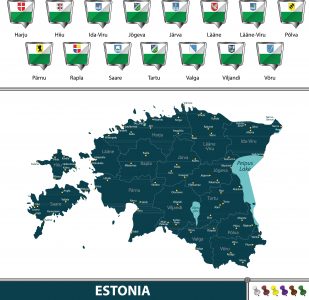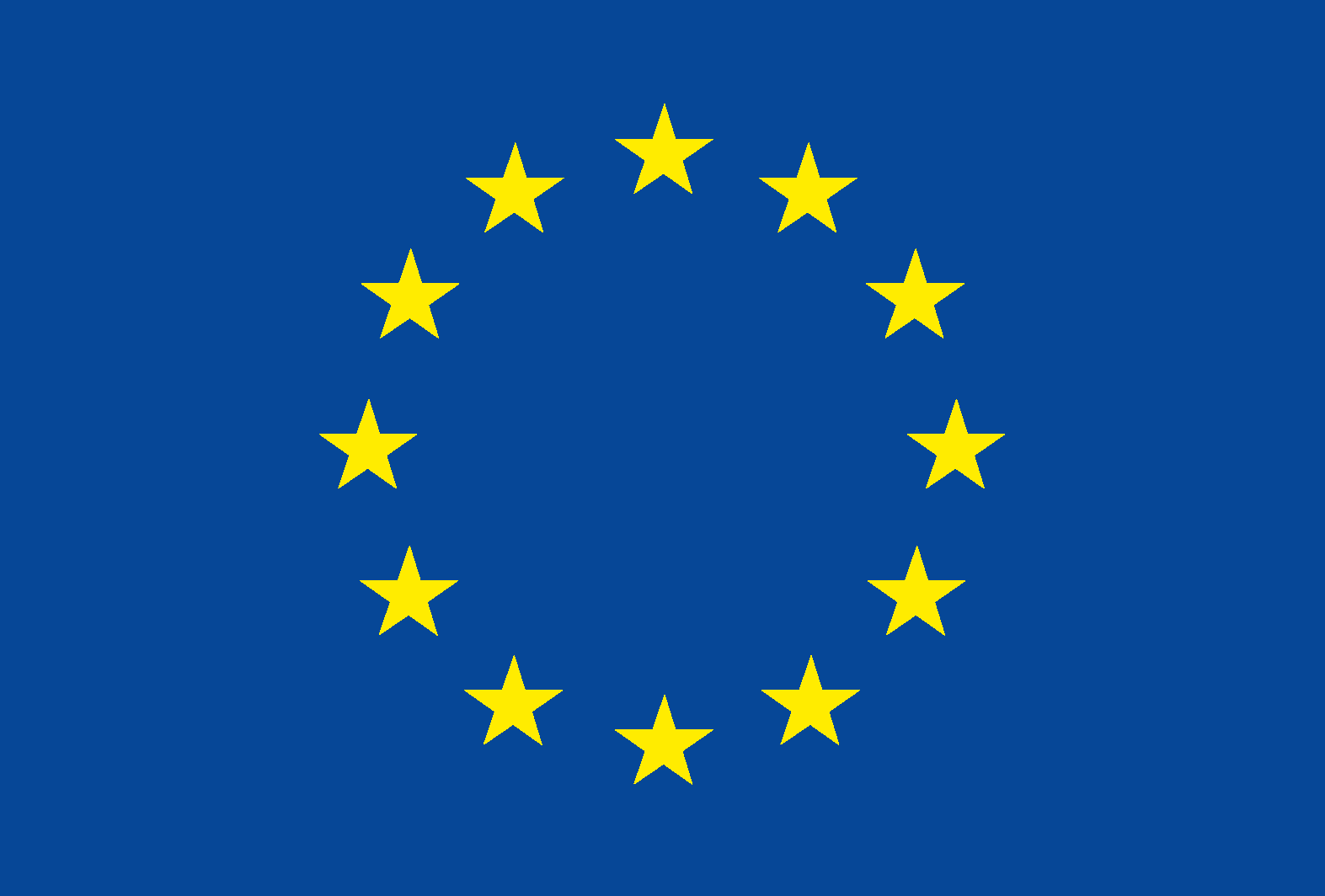The Meeting of the Estonian National Stakeholder Committee (NSC) in the EUROSHIP project took place on 11 June 2021 via Zoom platform. The online meeting was organized by Prof. Marge Unt and Dr. Mariann Märtsin from Tallinn University, and attended by seven policy advisers from the Ministry of Social Affairs.
The aim of the meeting was to introduce the EUROSHIP project and its objectives and to discuss the conduct of life-course interviews with the leading policy stakeholders in the field of poverty, NEET youth, long term care and social exclusion in Estonia. The meeting also aimed to consider opportunities for synergies between the EUROSHIP and the Estonian Ministry of Social Affairs` current projects on overlapping matters, to find the best ways to serve the national context and guarantee the take up of EUROSHIP results. The timing of the meeting was crucial in order to ensure that the significant recommendations made during the meeting could be taken into account in the planning and conduct of the life-course interviews engaging crucial stakeholders from the start.
The meeting participants had a lively discussion about the ways EUROSHIP life-course interviews can add value to the ongoing projects and policy developments in Estonia. The participants made substantial recommendations and discussed some potential challenges for the interviews. They expressed their excitement about the methodological choice of focusing on the whole life-course and strongly supported the idea of gathering narrative accounts of people’s life trajectories. The idea of using visual methods to aid data gathering and add another layer to the data was also received with great enthusiasm.
The sampling strategy was received well by the policy advisers. They supported the local researchers` plan to focus on three localities in the recruitment to gain a more in-depth and nuanced understanding of the opportunities and challenges in certain areas and understand how these might be similar or different in diverse communities. Additionally, a suggestion was made to pay special attention to the household level, ie. recruitment of single parent and blended families to the study to complement the current national focus on exploring the experience of parents from diverse family structures.
Several important recommendations were made regarding the focus and content of the life-course interviews. Participants suggested to add some questions focusing on the health career of the participants to explore how it intersects with other life domains and starts to guide the opportunities and challenges of individuals. The topic of care obligations received significant attention from the participants. The issue of considering how and why care givers become care receivers and how earlier care obligations lead to later care needs, emerged as particularly important from the discussion. It was discussed how much the life-course interviews provide opportunities to explore the topics of interest from the perspective of different family members and thus enables gathering a picture of the family’s experiences. This theme emerged in particular in the context of care obligations, where several family members might have care needs and thus requires exploring their mutual care obligations. The topic of health career, especially the mental health and well-being of carers’ emerged also here as a significant one. This resonates also with the current national focus on mental health and wellbeing prevention and support.
The Tallinn University research team appreciated the many insightful comments and suggestions from the policy advisers who participated in the meeting and agreed to provide an update about the preliminary findings of the life-course interviews in October-November 2021.


